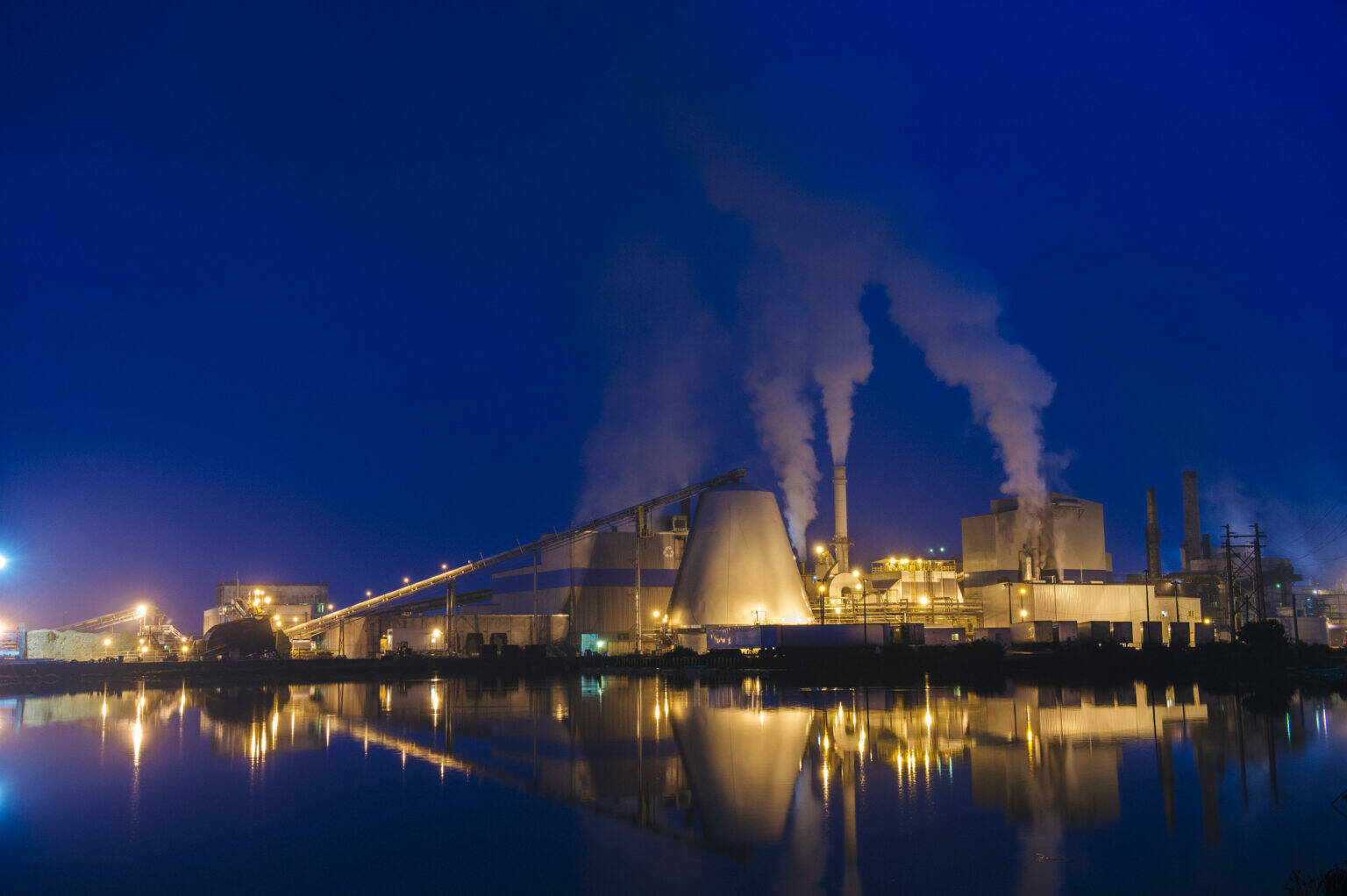Opponents of Initiative 2117 hit the airwaves Thursday with a commercial that warns passage of the measure to erase a signature climate policy in Washington would increase air and water pollution, hurt the economy and endanger the state transportation system.
Such negative impacts would ripple across the state foes assert in the 30-second spot that features a firefighter, a small business owner, two doctors, a tribal member, and a farmer.
The ad will run on broadcast and cable television stations, and stream on digital channels, for two weeks in the Seattle media market. It is the first in what is expected to be a sustained on-air campaign until ballot counting begins Nov. 5.
“From now until Election Day, we will do everything we can to make sure Washingtonians across our state understand the costs of I-2117 to their community: More pollution and more traffic,” said Wellesley Daniels, campaign manager for the No on 2117 political committee, which made a six-figure buy for the commercial.
Meanwhile, on Wednesday, authors of the initiative posted an eight-and-a-half minute video online that mixes a discussion of the basics of the Climate Commitment Act with reasons for crafting the measure to repeal it.
Prices for gasoline and energy have climbed without any reduction in greenhouse gas emissions, a major cause of climate change, Hallie Balch, director of communications for Let’s Go Washington, says in the video. Let’s Go Washington led the signature-gathering effort to qualify the measure for the ballot.
“We cannot allow this broken program to continue being funded on the backs of those who afford it the least,” she says. “No matter how well-intentioned, the CCA is not working for Washington state.”
Initiative 2117 would repeal the Climate Commitment Act that established the state’s cap-and-invest program to reduce greenhouse gas emissions. The measure also would bar state agencies from imposing any type of program involving carbon tax credit trading.
The climate law is arguably the state’s most ambitious policy for curbing greenhouse gas emissions by putting a price on pollution.
Under the law, the state imposes annual limits on emissions for major emitters and requires them to buy allowances at auctions for each metric ton of pollution. Over time, the state lowers the limit, or cap, for them. Washington has a goal of erasing fossil fuel emissions statewide by mid-century.
The current two-year state budget is the first in which the governor and lawmakers are spending auction proceeds.
The program started on Jan. 1, 2023, and the first emissions allowance auction was held on Feb. 28, 2023. It has raised $2.15 billion to date. That figure will soon climb as the state conducted the latest auction on Wednesday.
By law, those dollars must be spent to cut pollution, create jobs and help communities respond to climate change. They are getting spent in the state’s current operating, capital and transportation budgets.
The lion’s share is going to transportation for such things as the purchase of electric school buses, free public transit for youth, air quality monitoring, and electric vehicle chargers. A portion is also covering the cost of providing a one-time $200 credit on the residential electricity bills of thousands of low- and moderate-income families.
An analysis from the state Office of Financial Management found 37 state agencies have spending authority from Climate Commitment Act funds in the current biennium for programs, projects, and as grants for local governments, community groups, school districts and tribes. The initiative would eliminate the revenue source that pays for these programs.
Opponents of the repeal measure stress the breadth of the impacts. They’ve developed a website listing projects and programs in every county at risk of elimination, or never getting started if I-2117 passes.
There will be “more pollution in rivers” and “more toxic chemicals in the air,” a narrator says in the ad. Roads and bridges will be “put at risk,” he adds.
Balch in the video says the state “has missed every one of its climate goals” thus far. She criticizes Gov. Jay Inslee for failing to deliver on a pledge to provide transparency on how the money is getting spent.
Initiative 2117 is one of four measures on the ballot targeting policies pushed through by Democratic lawmakers and Inslee. The others would repeal the capital gains tax, make a long-term care services program voluntary and slow the state’s transition away from natural gas use in homes and buildings. Let’s Go Washington is preparing similar-style videos for each.
Balch said they hope supporters share the video on I-2117 with others who may be undecided and are looking for information. The political committee has not aired any television commercials yet.
“We’re pursuing all avenues of traditional campaign media,” she said.
Washington State Standard is part of States Newsroom, a nonprofit news network supported by grants and a coalition of donors as a 501c(3) public charity. Washington State Standard maintains editorial independence. Contact Editor Bill Lucia for questions: info@washingtonstatestandard.com. Follow Washington State Standard on Facebook and Twitter.






